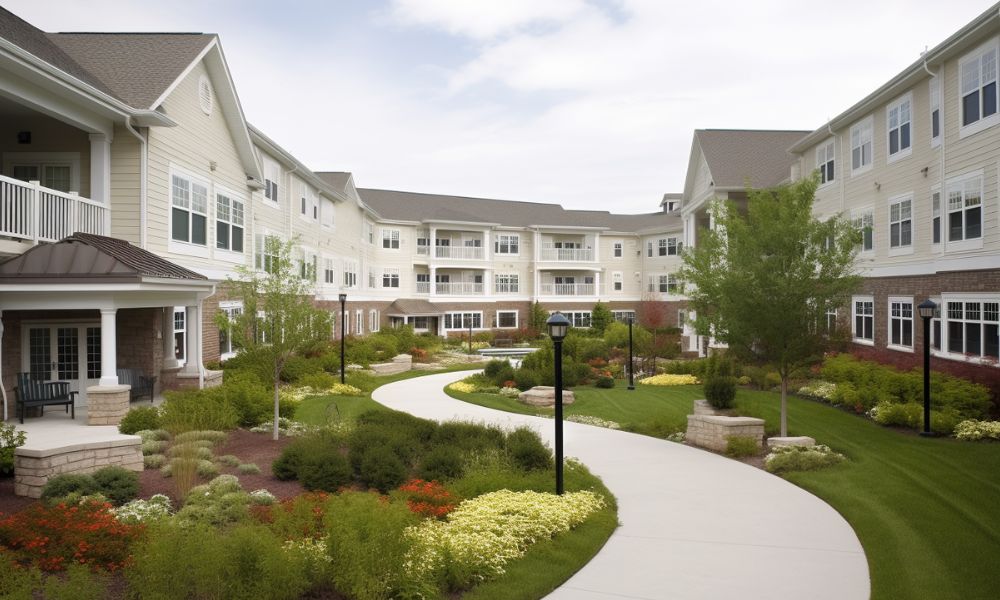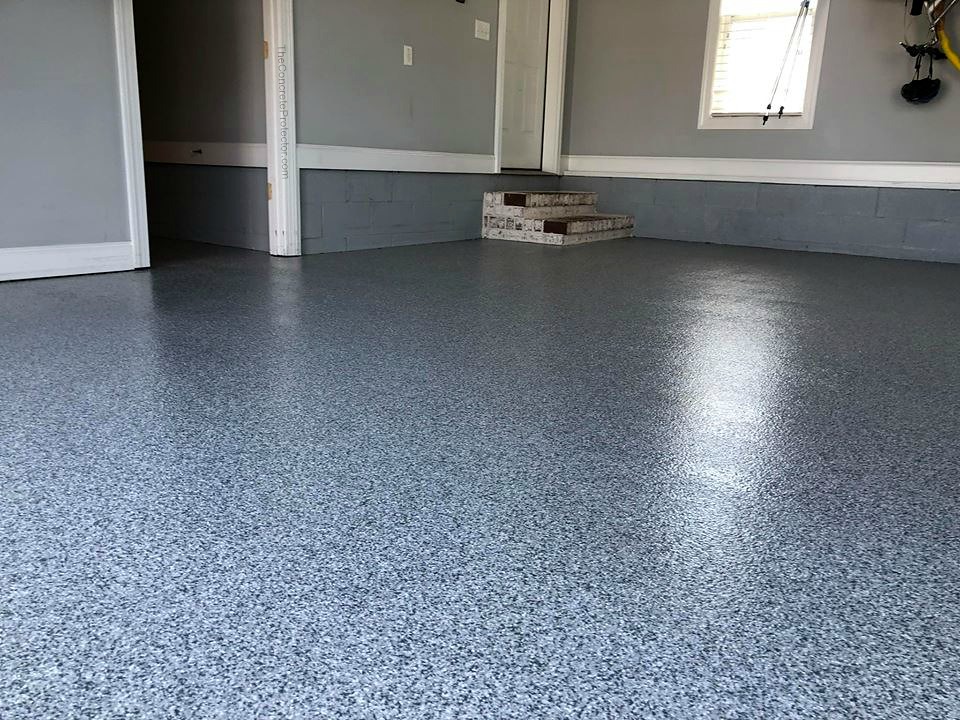Senior Apartments: A Comprehensive Guide for Older Adults Seeking Housing
As we age, our housing needs often change. Senior apartments offer a tailored living solution for older adults who want to maintain their independence while enjoying amenities and services designed specifically for their needs. This comprehensive guide explores the world of senior apartments, helping you understand what they are, how to find them, and what to consider when making your decision.

What are senior apartments and how do they differ from regular rentals?
Senior apartments are residential communities designed for older adults, typically those aged 55 and above. Unlike regular rental properties, these apartments cater specifically to the needs and preferences of seniors. They often feature age-restricted policies, ensuring a community of like-minded individuals. Senior apartments differ from standard rentals in several ways:
-
Accessibility features: Wide doorways, grab bars, and emergency call systems are common.
-
Community amenities: Many offer social activities, fitness centers, and transportation services.
-
Maintenance services: Yard work and some home repairs are usually included.
-
Age-specific design: Layouts and features are tailored to promote safety and comfort for older adults.
These differences make senior apartments an attractive option for those seeking a more supportive and social living environment in their golden years.
How can I find senior apartments for rent in my local area?
Finding senior apartments for rent in your area doesn’t have to be a daunting task. Here are some effective methods to locate suitable options:
-
Online search: Use keywords like “senior apartments for rent” along with your city or zip code.
-
Real estate websites: Many have filters specifically for senior housing options.
-
Local senior centers: These often have information on housing options for older adults.
-
Area Agency on Aging: Contact your local office for resources and referrals.
-
Word of mouth: Ask friends, family, or healthcare providers for recommendations.
-
Drive around: Look for senior apartment complexes in neighborhoods you like.
Remember to create a list of potential options and schedule visits to get a firsthand look at the apartments and communities that interest you.
What amenities and services should I expect in senior apartments?
Senior apartments often come with a range of amenities and services designed to enhance the quality of life for older adults. While offerings can vary, here are some common features you might expect:
-
On-site laundry facilities or in-unit washers and dryers
-
Community rooms for social gatherings and activities
-
Fitness centers or exercise classes tailored for seniors
-
Transportation services for shopping and medical appointments
-
Emergency call systems in apartments
-
Outdoor spaces like gardens or walking paths
-
Housekeeping services (sometimes at an additional cost)
-
Meal options or community dining areas
-
Security features such as gated entry or 24-hour staff
-
Organized social activities and events
When researching senior apartments, ask for a detailed list of amenities and services to ensure they align with your needs and preferences.
How do senior apartments promote social engagement and community?
One of the key benefits of senior apartments is the emphasis on social engagement and community building. Many older adults find that these living arrangements help combat loneliness and isolation. Senior apartments typically promote social interaction through:
-
Organized activities: Game nights, movie screenings, and holiday celebrations
-
Fitness classes: Group exercises tailored to senior fitness levels
-
Educational programs: Lectures, workshops, and lifelong learning opportunities
-
Shared spaces: Libraries, craft rooms, and communal kitchens for spontaneous gatherings
-
Planned outings: Group trips to local attractions, restaurants, or events
-
Volunteer opportunities: Coordinated chances to give back to the larger community
-
Resident committees: Groups that plan events and advocate for community needs
These social aspects can significantly improve quality of life and overall well-being for residents of senior apartments.
What financial considerations should I keep in mind for senior apartments?
When considering senior apartments, it’s crucial to understand the financial aspects involved. Here are some key points to consider:
-
Rent: Senior apartments often have different pricing structures than standard rentals.
-
Utilities: Some complexes include utilities in the rent, while others do not.
-
Service fees: Additional charges may apply for certain amenities or services.
-
Income restrictions: Some senior apartments have income limits for eligibility.
-
Subsidies: Certain communities may offer reduced rent based on income.
-
Long-term costs: Consider how rent and fees might change over time.
-
Insurance: Renter’s insurance is often recommended or required.
It’s important to create a comprehensive budget that accounts for all potential costs associated with senior apartment living. This will help ensure that your chosen housing option remains affordable in the long term.
How do I choose the right senior apartment for my needs?
Selecting the ideal senior apartment requires careful consideration of various factors. Here’s a step-by-step approach to help you make the best decision:
-
Assess your needs: Determine what amenities and services are essential for your lifestyle.
-
Consider location: Choose a community close to family, healthcare providers, and preferred activities.
-
Visit multiple properties: Schedule tours to get a feel for different communities and their offerings.
-
Talk to residents: If possible, speak with current residents about their experiences.
-
Review lease terms: Carefully read and understand all aspects of the rental agreement.
-
Evaluate accessibility: Ensure the apartment and community meet your current and potential future mobility needs.
-
Check for accreditations: Look for communities that are certified or accredited by reputable organizations.
-
Assess the staff: Observe how staff members interact with residents during your visit.
-
Consider future needs: Think about whether the community can accommodate changes in your health or care requirements.
-
Trust your instincts: Choose a place where you feel comfortable and can envision yourself living happily.
By thoroughly evaluating these aspects, you’ll be better equipped to select a senior apartment that aligns with your lifestyle, budget, and long-term needs.




